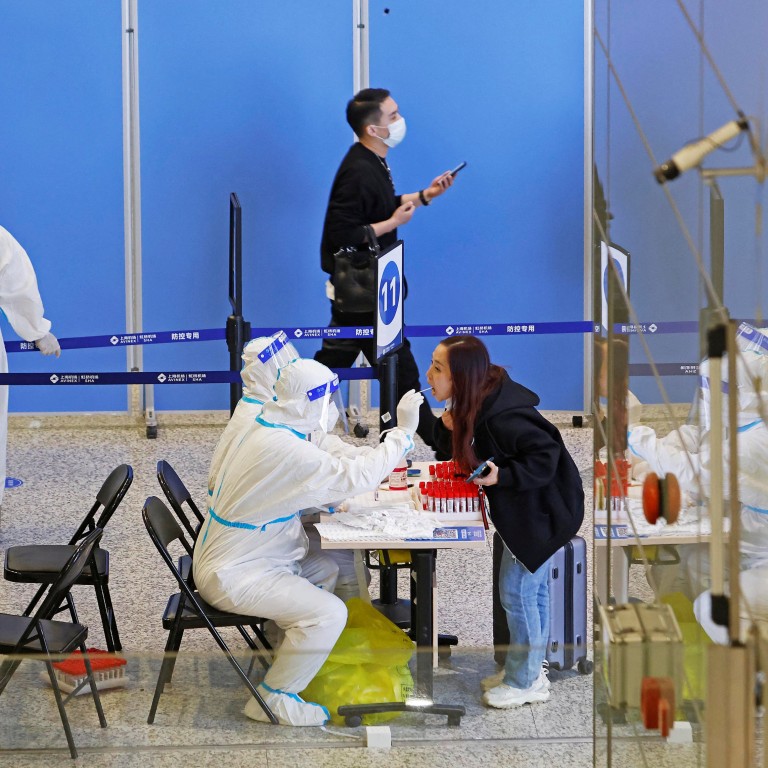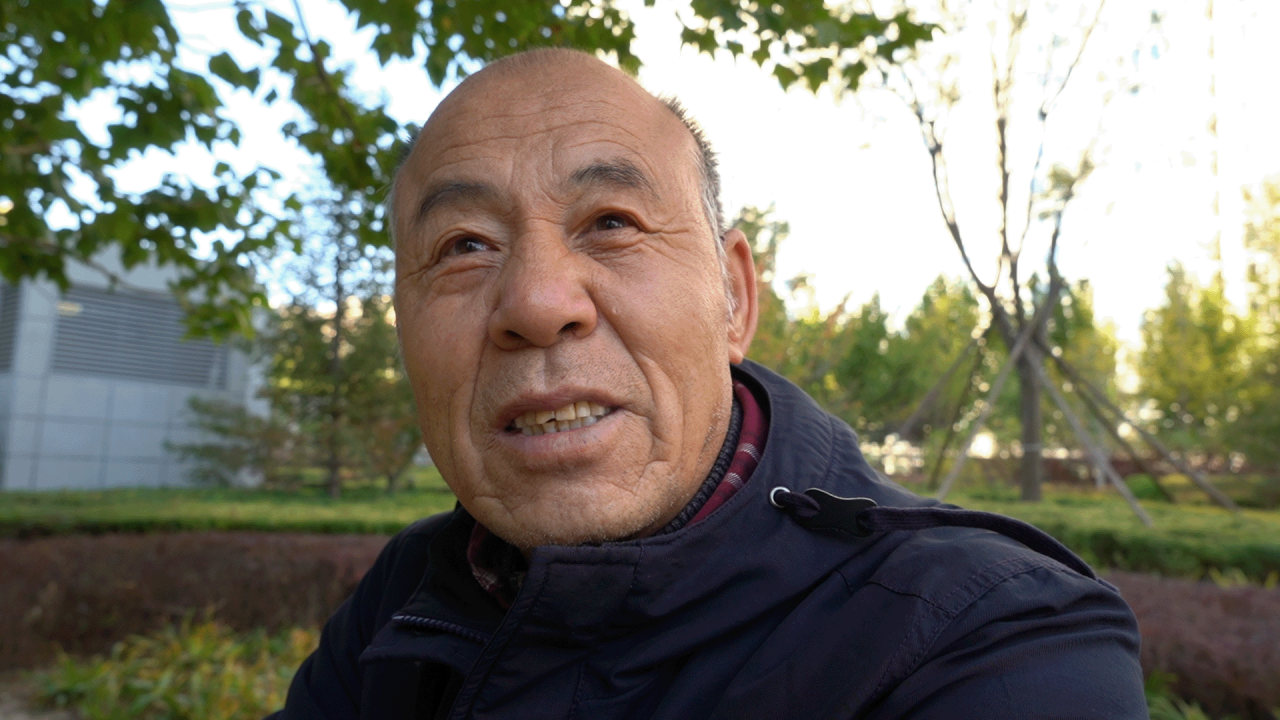
China sets out 15 ideas to boost foreign investment, with ‘easing’ expat travel, smart manufacturing in focus
- National Development and Reform Commission sets out plan to stabilise and further increase foreign investment into China
- Foreign investors have increasingly raised concerns over the mounting challenges of operating in the world’s second-largest economy under zero-Covid policy
Incentives for financing innovation centres and smart manufacturing, as well as moves to “ease” travel by executives, technicians and their families, have been included in 15 measures by the top state planner to stabilise and further increase foreign investment into China.
The focus on smart manufacturing comes amid a push to move up the industrial chain, while travel by expats and their families has been severely curtailed by Beijing’s zero-Covid policy.
The document released by the National Development and Reform Commission (NDRC) on Tuesday highlighted how foreign-invested companies will be encouraged to locate research and design centres in China.
China’s state planner also said that it will offer support for firms to undertake national technology projects and to attract international talent.
China’s rising FDI inflows in question as US group’s findings raise concerns
“All localities should make good use of the ‘fast lanes’ for the exchange of Chinese and foreign personnel, and further clarify the standards and procedures in light of local conditions, so as to provide convenience for foreign personnel to come to China,” said the NDRC, stressing that travellers will still need to comply with coronavirus control policies.
This, coupled with supply chain issues, as well as China’s deteriorating bilateral relations with the West, has been impacting investor confidence, with an increasing number of foreign companies considering their future plans.
Due to the stringent two-month lockdown in Shanghai in April and May, more than 200 companies withdrew from China’s financial hub, according to a survey from leading Japanese credit research house Teikoku Databank.
Faced with growing scepticism among overseas investors, the NDRC also promised to create a better environment to stabilise expectations and boost confidence.
A “focus on encouraging foreign investment in hi-tech equipment, basic and key components” was also highlighted amid a new round of sanctions imposed by Washington against Chinese technology companies.
Foreign-invested firms have also been welcomed to engage in China’s low-carbon industries, while manufacturing firms have been encouraged to seek opportunities in the Midwest and northeastern regions to help further facilitate the so-called dual circulation strategy.
This is essentially the gathering of existing national policies under one umbrella, the implementation of which – in terms of how and over what time frame – is yet to be clarified
Dual circulation includes both internal circulation, with a focus on the domestic market, and external circulation, or interaction with the global economy, and was added to the Communist Party constitution during the recent 20th party congress.
Joerg Wuttke, president of the European Union Chamber of Commerce in China, said the new policies introduced by the NDRC could spur interest in members increasing foreign direct investment (FDI) in China’s decarbonisation plan.
“However, this is essentially the gathering of existing national policies under one umbrella, the implementation of which – in terms of how and over what time frame – is yet to be clarified,” Wuttke said.
“[We don’t expect any updates in the short term], but will continue to seek opportunities to provide input on these policies based on the needs of our members.”
China’s foreign firms, struggling to survive, brace for whatever comes next
China announced stronger-than-expected 3.9 per cent economic growth in the third quarter this week, although it is still losing its allure as an investment destination due to its unpredictable socio-economic environment.
On paper, FDI into China jumped by 20.2 per cent from a year earlier to US$173.5 billion in 2021, according to the Commerce Ministry.
Additional reporting by Orange Wang


